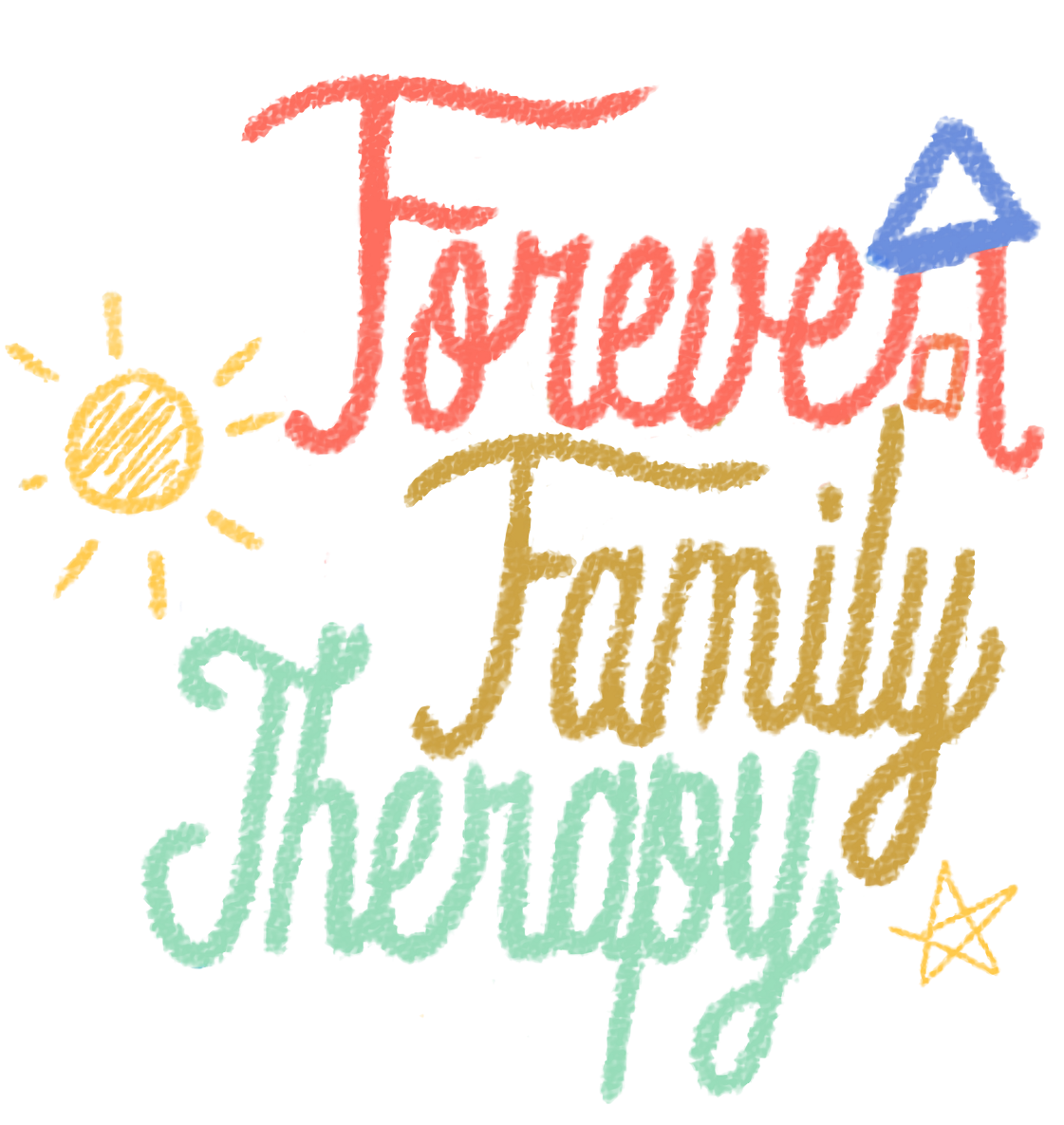As a child and family therapist, June has always held deep meaning for me—not just because
summer begins and the days stretch longer, but because it is Pride Month, a time that invites us
to celebrate identity, inclusion, and the power of being seen.
For many of the LGBTQ+ youth and families I’ve worked with, June isn’t just about rainbow flags
or parades. It’s about hope. It’s about visibility. And most of all, it’s about healing.
The Weight of Silence
In the therapy room, I have sat across from kids as young as eight who were already carrying
the crushing weight of “otherness.” Some didn’t yet have the language to describe how they felt;
they just knew they were different, and that difference was often met with silence—or worse,
shame.
I’ve also listened to parents struggle, not with loving their child (they do, deeply), but with
reconciling what they thought they knew about gender, identity, or family roles. The silence
between them—thick with confusion, fear, and unspoken questions—can be heartbreaking.
That’s why Pride matters. It gives families a chance to break the silence.
Mental Health and Belonging
Being LGBTQ+ is not a mental health issue. But being rejected, invalidated, or forced to hide
core parts of who you are? That absolutely impacts mental health.
Studies consistently show that LGBTQ+ youth face higher risks for anxiety, depression, and
suicidal thoughts—not because of who they are, but because of how the world responds to
them. Conversely, just one accepting adult in a young person’s life can dramatically reduce
these risks.
I’ve seen firsthand how healing begins when a parent says, “I see you. I believe you. I love you.”
It doesn’t require perfection—just presence.
When Families Choose Curiosity Over Control
I’ve worked with families at every stage of this journey. Some come in already affirming and just
want guidance on how to best support their child. Others are confused or grieving the loss of the
future they imagined. That grief is real and valid—but so is the opportunity to grow into
something even deeper: authentic connection.
When parents shift from trying to fix to trying to understand, relationships transform. When
siblings become allies, when extended family members ask questions instead of making
assumptions, when a teenager feels safe showing up as themselves—it changes everything.
Celebrating Pride as a Family
Celebrating Pride doesn’t require a perfect understanding of every flag or acronym. It starts with
showing up. It starts with saying, “You matter to us.” Whether it’s attending a local Pride event,
reading LGBTQ+ affirming books as a family, or simply having open conversations, these small
acts ripple outward.
Pride is not just a celebration of LGBTQ+ individuals—it’s a celebration of the power of love,
authenticity, and chosen family. And for many of the kids I work with, it’s a reminder that the
world can be a safe place for them to belong.
Final Thoughts
This June, I invite all families—whether you have an LGBTQ+ member or not—to reflect on how
you create space for openness, safety, and love. Ask yourself:
● Do the people in my family feel free to be themselves?
● Do we talk about identity and belonging in our home?
● Are we willing to learn, even if we’re uncomfortable?
Because at its heart, Pride is about being seen and loved, just as you are. And in the therapy
room—and in our homes—that’s where healing begins.
Warmly,
A Child & Family Therapist Who Believes in the Power of Being Seen 💛

